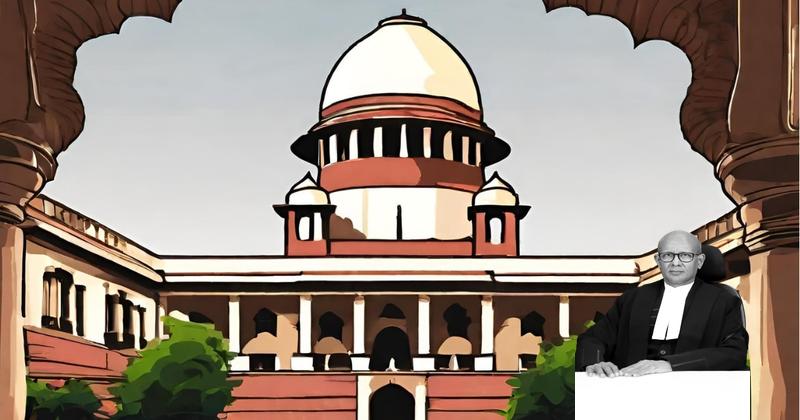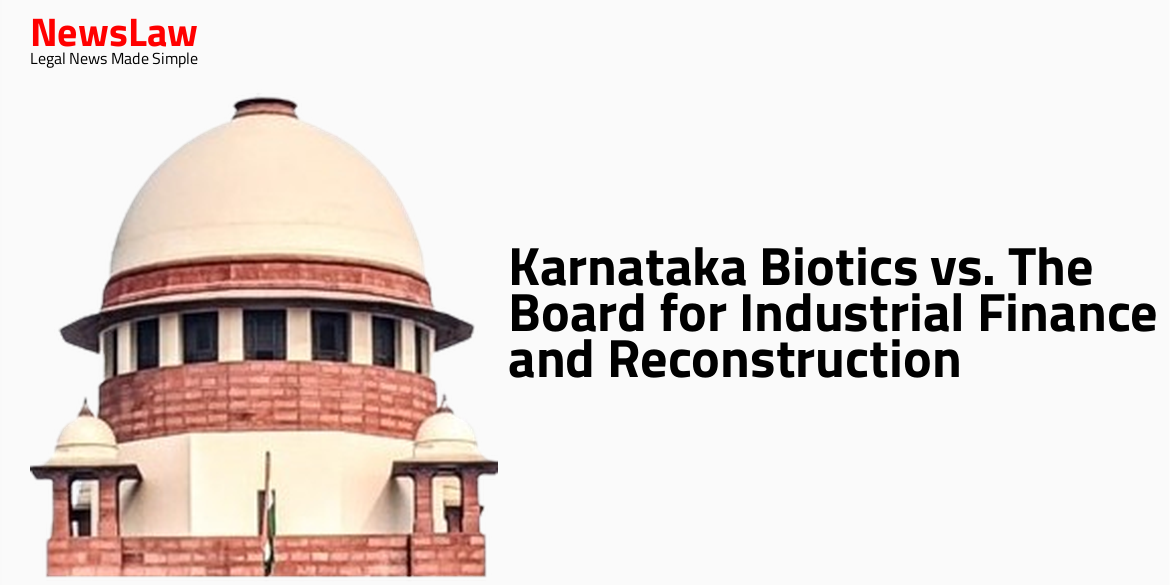In a significant legal development, the Supreme Court of India has issued a modified judgement in the case of Prem Lal Anand v. Narendra Kumar. The Court has addressed the calculation of compensation, particularly regarding the multiplier used in determining the award. This decision holds crucial implications for future cases involving similar compensation claims and establishes a new precedent in the realm of compensation law.
Facts
- The claimant and his wife were traveling on a motorcycle when they were involved in an accident with two rashly driven tractors.
- The claimant sustained severe injuries including a broken jaw and fractures in his leg, while his wife tragically died on the spot.
- The Tribunal initially dismissed the claim for compensation of Rs.12,00,000/-
- The claimants filed an appeal against the Tribunal’s decision in the High Court seeking enhancement of compensation.
- The High Court granted leave to hear the appeal.
- The Tribunal found both the claimant and the respondent equally responsible for the accident.
- The claimant’s appeal against the Tribunal’s decision was rejected by the High Court.
- The High Court ordered the respondents to deposit a reduced compensation amount of Rs.1,01,250/- within a specified period.
- The High Court partially allowed the appeal in reference to the error in the application of multiplier by the Tribunal.
- Multiplier 9 was deemed incorrect, and 14 was applied instead for calculating compensation.
- The Tribunal was instructed to recalculate the enhanced compensation with the correct multiplier of 14.
- The interest rate awarded by the Tribunal was to be maintained for the calculated compensation.
Also Read: Case of Compassionate Appointment with Eastern Railway Employees
Analysis
- Contributory negligence is a crucial factor in determining liability.
- Courts have the power to apportion loss between parties in cases of contributory negligence.
- Negligence is a relative and comparative term, not absolute.
- Negligence is determined based on specific circumstances and surrounding facts.
- The absence of care according to circumstances constitutes negligence.
- Contributory negligence is based on the same principles as defendant’s negligence.
- The duty of care is one of many factors considered in determining contributory negligence.
- Merely attempting to overtake a vehicle does not necessarily constitute negligence.
- Contributory negligence is applicable solely to the conduct of the plaintiff.
- In cases of negligence on both parties’ side, contributory negligence may be the case.
- Contributory negligence turns on a factual investigation of whether the plaintiff contributed to their own loss by failing to take reasonable care of their person or property.
- The duties and responsibilities of the defendant play a role in determining the existence and degree of contributory negligence.
- Contributory negligence focuses on the conduct of the plaintiff, and what constitutes reasonable care depends on the circumstances of the case.
- A plaintiff may rely on the defendant to perform their duty in many cases, but it is essential to consider whether a reasonable person would foresee that an act would cause damage.
- Negligence is the omission of duty, either by failing to do something a reasonable person would do or by doing something a reasonable person would not do, resulting in harm to another person.
- The Second Schedule to the Motor Vehicle Act was applicable until 25 February 2022.
- The multiplier of 15 was used in accordance with the Second Schedule as of 22 May 2018.
- The Second Schedule has been omitted in the current statute.
- The claimant-appellant(s) argue that the multiplier was misapplied based on the Sarla Verma v. Delhi Transport Corporation case.
- The learned counsel for the claimant-appellant(s) submitted that the multiplier of 15 should apply.
Also Read: Harmony and Dignity: Upholding Human Rights in Marital Discord Case
Decision
- The Tribunal noted the monthly income of the deceased to be Rs.5000, resulting in an annual income of Rs.75,000 after a 25% addition for future prospects.
- The calculated compensation amount based on the above discussion is Rs.11,25,000 considering a multiplier of 15.
- The claimant is entitled to Rs.11,25,000 instead of the previously awarded Rs.1,01,250 by the Tribunal.
- The rate of interest is reduced to 8% instead of 12% as per the modified decision.
- The impugned Award dated 8 January, 1997, in the case of Prem Lal Anand & Ors. v. Narendra Kumar & Ors., stands modified with the new compensation amount.
- Pending applications, if any, are also resolved within the modified terms of the judgment.
- Future prospects for self-employed or fixed salary individuals are to be considered by adding certain percentages based on the deceased’s age.
- The Schedule in force on October 10, 2018, when the Special Leave Petition was filed, provides guidelines for calculating future prospects.
Also Read: Landmark Judgment in State of Meghalaya v. Smt. X: Bail Conditions Under NDPS Act Examined
Case Title: PREM LAL ANAND Vs. NARENDRA KUMAR (2024 INSC 585)
Case Number: C.A. No.-008503-008504 – 2024



